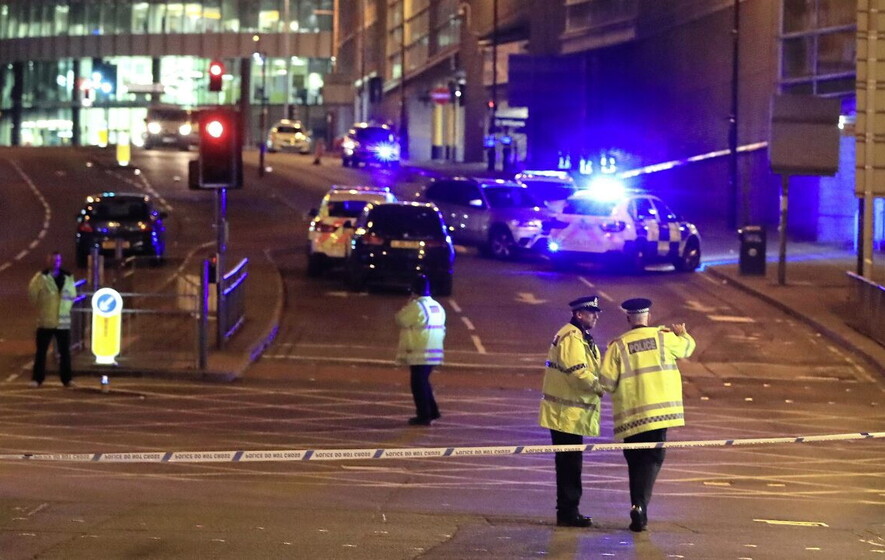FIGEN Murray’s son Martyn Hett was one of the 22 people killed in the devastating Manchester Arena terrorist attack in May 2017.
Ever since, Figen has been fighting to see greater security measures imposed in public venues in the UK. Despite the deaths and the worldwide publicity the incident attracted, the terrorist event did not result in any changes to UK legislation regarding terrorist threat in public venues.
Murray proposed ‘Martyn’s Law’, previously known as the Protect Duty, to ensure greater readiness and protection for the general public in response to the evolving terrorist threat in the UK. Whilst not being implemented yet, her proposal suggests that the law “should apply to any place or space to which the public have access” indicating that its application could be rather broad, stretching to larger and smaller venues.
The legislation is aimed at providing protective security in public venues via a series of risk assessments, training and evaluations. These requirements are to be overseen by a regulating body, in an attempt to mitigate against terrorist incidents. The bill has varied requirements to account for the financial capabilities of different venues. Spaces which have capacity for 100-799 people would have a “standard duty.” While larger venues with capacity for over 800 people would have an “enhanced duty.”
A ”standard duty” would require venues to register qualifying spaces with the regulating body. They must also undertake an annual standard terrorism exam, as well as providing terrorism protection training to relevant workers. The “enhanced duty” would require a specific terrorism risk assessment to be carried out annually, to keep under review the risk of terrorist attack, and to ensure that all reasonably practical security measures are implemented. Regarding the regulatory body, it would require the venue to prepare and submit a security plan as well as nominating a designated senior officer within the staff body.
The draft bill would give the regulator powers to issue contravention and restriction notices, as well as the ability to issue significant fixed or daily penalties for non-compliance. Breaches of the “standard duty” would result in a daily fine up to £500 or a fixed penalty up to £10,000. Breaches of the “enhanced duty” face a fixed penalty up to £18 million or 5 per cent of their worldwide revenue, whichever is greater. Currently it is unclear who the regulator may be.
The bill does not provide a new method of claim for non-compliance, however non-compliance has the potential to bolster a claim against the venue for breach of statutory duty, particularly of occupiers liability. It would be the responsibility of the venue to liaise with their legal representatives and insurers to take necessary steps to ensure compliance.
Given the number of venues that the Bill will apply to, the financial implications will be felt by many in the hospitality industry already under financial strain. This was addressed in the proposal, stating that the cost impact would be low on smaller venues as the introduction of metal detectors, CCTV cameras and security personnel could be identified as reasonable business running costs. The impact would be greater for larger venues which would require infrastructural changes and potential increased security presence. It has been suggested that low/no interest loan schemes may be made available to fund the protective initiatives.
Currently the Bill and the proposals above may be subject to change as they go through the legislative process. The Home Office Select Committee may propose alterations to the proposal before returning the Bill to Parliament in Autumn 2023, with Royal Assent likely to be granted in 2024.
LINUS MURRAY: Martyn’s Law presents shake-up for public venues regulations – The Irish News

